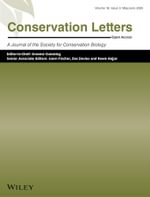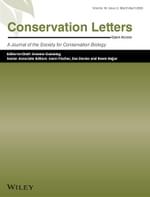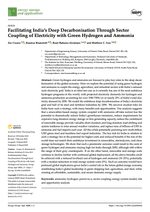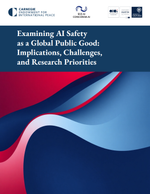Mathias Czaika and Hein de Haas
The International Migration Institute (IMI) has been publishing working papers since its foundation in 2006. The series presents current research in the field of international migration. The papers in this series, analyse migration as part of broader global change, contribute to new theoretical approaches, and advance understanding of the multi-level forces driving migration.
View Journal Article / Working PaperThe effectiveness of migration policies has been widely contested, yet evidence has remained inconclusive due to conceptual and methodological limitations. Moreover, a general ‘receiving country bias’ in migration research, causes prior studies to focus on the effects of policies on inflows and fail to assess the simultaneous effect of policies on outflows. From a theoretical viewpoint, immigration restrictions reduce both inflows and outflows and, hence, overall circulation, which renders their effect on net migration theoretically ambiguous. To test this hypothesis, and using unique migration and visa datasets compiled by the DEMIG project (covering 38 countries over the 1973–2012 period), this paper assesses the short and long-term effects of travel visa policies on bilateral (country-to-country) inflow and outflow dynamics. The results suggest that travel visa policies significantly decrease inflows, but that this effect is to a large extent undermined by decreasing outflows of the same migrant groups. This seems to confirm that migration restrictions decrease circulation and tend to encourage long-term settlement, and thereby significantly reduce the responsiveness of migration to economic fluctuations in destination and origin societies.




